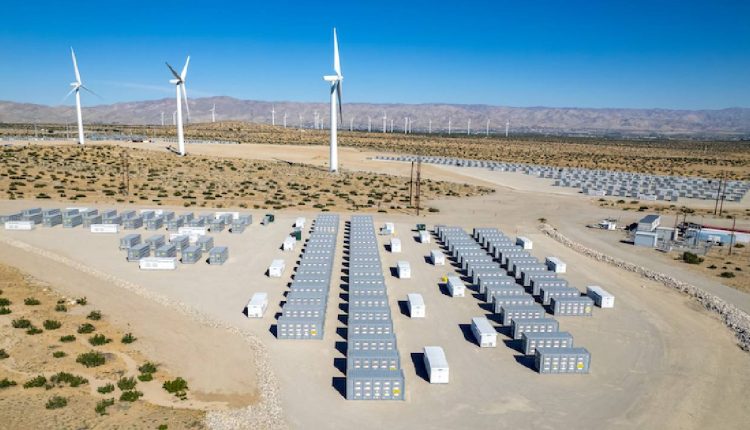Infinity Power, the largest dedicated renewable energy provider in Africa, has declared that a unique consortium of over 10 countries has been formed with the aim of installing 5 GW of Battery Energy Storage Systems (BESS) by the end of 2024.
The declaration was made during the recent COP28 event that ended on December 12, in collaboration with the Global Leadership Council (GLC) of the Global Energy Alliance for People and Planet (GEAPP).
Infinity Power, a collaborative venture between Egypt’s Infinity and the Abu Dhabi-based energy firm Masdar, aims to undertake power generation projects in Africa that focus on renewable energy sources like solar and wind, along with other technologies including green hydrogen and water desalination.
The BESS consortium, which includes early adopter countries like India, Egypt, Nigeria, Ghana, Barbados, Belize, Kenya, Malawi, Mauritania, Mozambique, and Togo, is backed by numerous resource partners.
These partners encompass GEAPP, various development banks, the Agence Française de Développement (AFD), the German Agency for International Cooperation (GIZ), Africa 50, Masdar, Infinity Power, the COP28 Presidency, AMEA Power, the National Renewable Energy Laboratory (NREL), Net Zero World, and Sustainable Energy for All (SEforALL).
The consortium anticipates the addition of more partners and countries in the future.
The consortium aims to secure 5 GW of BESS commitments in low- or middle-income countries (LMICs) and deploy $1 billion in concessional finance. It plans to expedite project implementation, enhance regulatory conditions, establish a positive market for BESS, and access commercial and public funds.
These commitments are steps towards achieving the UN’s Sustainable Development Goal 7 (SDG7) by enabling 400 GW of renewable energy by 2030 and addressing energy poverty. To reach this goal and reduce CO2 emissions by a gigaton, we need to develop 90 GW of storage capacity.
According to Infinity, the BESS system is a critical element for enhancing grid reliability and supporting the fluctuating renewable energy sources required for economic development. Often, a combination of BESS and renewable sources is cheaper than fossil fuels.


